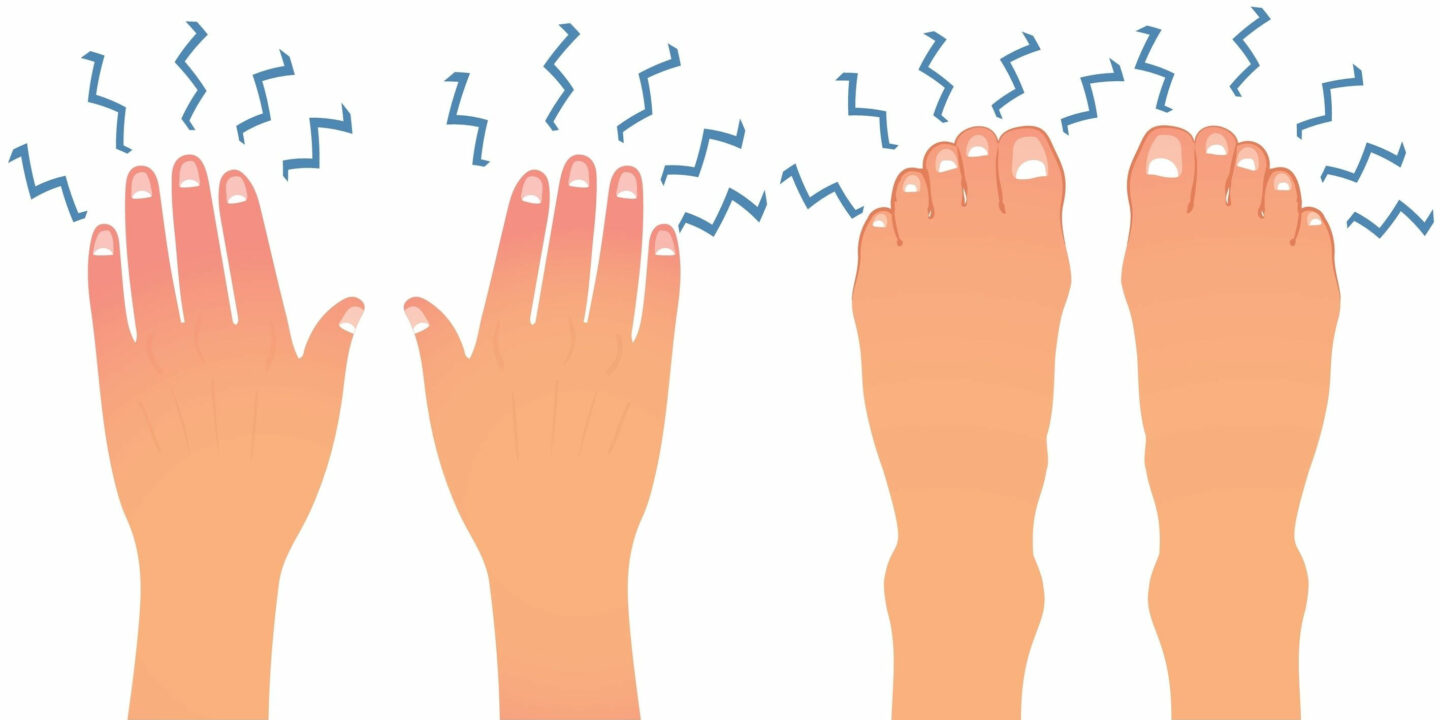
Diabetes is a serious condition that can lead to tingling and numbness in the hands and feet. To prevent this, you can take steps to reduce your sugar intake. For example, you should not consume too many processed foods that are high in sugar. You should also avoid wheat, potatoes and artificial sweeteners.
Table of Contents
Avoiding grains, potatoes, wheat, and artificial sugars
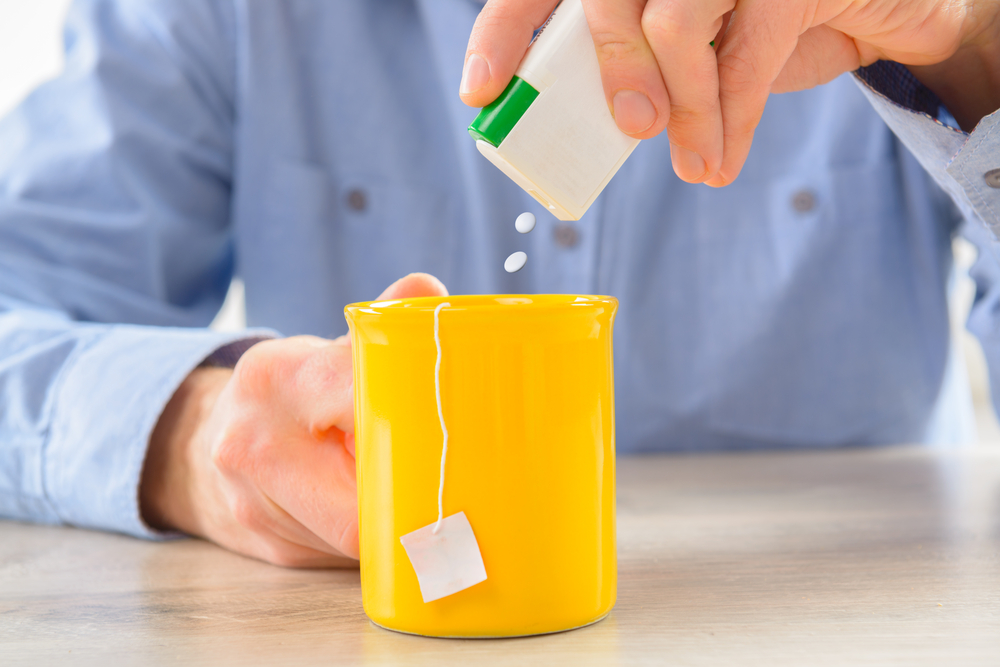
Keeping your blood sugar under control is crucial for avoiding diabetes. Your body's natural insulin is needed to regulate blood sugar levels. Without adequate insulin production, you risk developing type 2 diabetes. However, there are ways to counteract this problem, such as eating healthier and exercising more.
Avoid refined sugars, which rapidly spike your blood sugar level. Fruit juices and sodas are particularly bad culprits. Despite claims to the contrary, many of these sugar-free products contain artificial sweeteners like aspartame and saccharin. Many foods also contain sugar, and you should replace these with vegetables, protein and healthy fats instead.
You should also avoid processed foods that are high in sodium and fat. In addition, you should avoid fatty cuts of meat and poultry. Salt and sugar should be used in moderation, and you should also use herbs and spices for flavoring your food. You should also make sure to eat plenty of vegetables and fruit. Lastly, avoid frying foods. This adds extra calories, fat, and cholesterol to your diet. Instead, bake or broil them.
If your A1C level is elevated, you may need to modify your diabetes treatment plan. You should also make sure you are getting adequate exercise. If you have trouble with your meter, call the toll-free number in your meter's manual to learn how to read the error codes it gives. Alternatively, talk to your health care provider if you have questions.
Another way to prevent diabetes is by limiting your alcohol intake. Alcohol can increase blood sugar levels and cause liver damage. It is best to limit alcohol intake to three drinks per day. Beer and sweet liquors are especially high in carbohydrates and should be avoided.
Avoiding sugary drinks
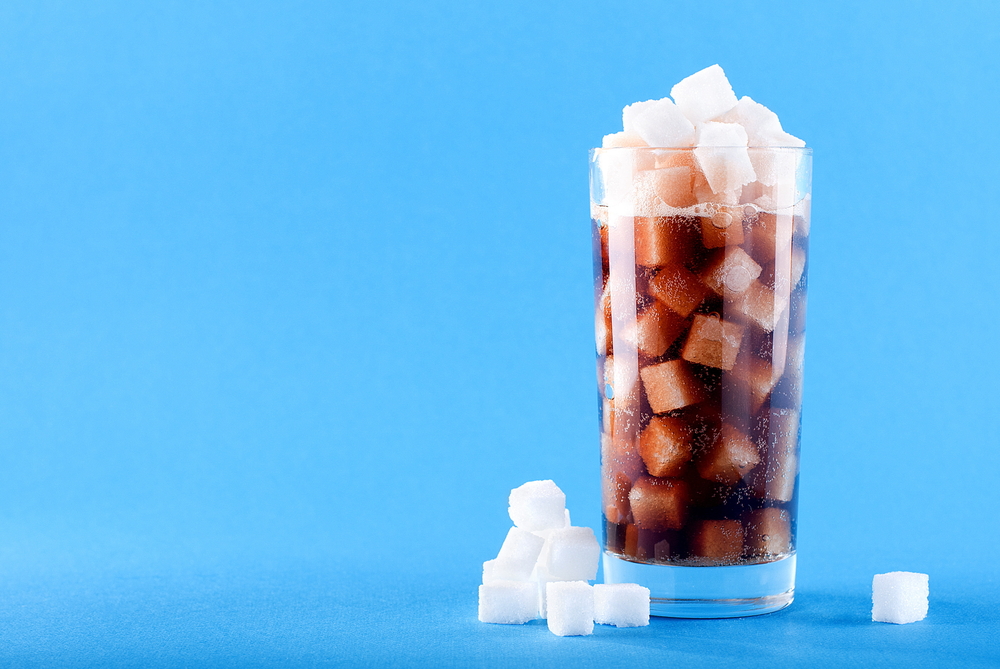
If you are tingling at the tip of your finger or have a tingling sensation in your toes, one thing you should do right away is avoid sugary drinks. While sugary drinks are tempting, they are actually detrimental to your health. High blood sugar can block the flow of blood to your nerves and cells.
Sugary drinks are those with added sugar or high fructose corn syrup. These are often found in beverages such as soda, fruit juice concentrates, fruit punch, and sports and energy drinks. Even though these are not high in calories, they still contain a large amount of sugar.
Sugar in your urine can breed bacteria and yeast near your genitalia. This leads to urinary tract infections and itching. People with diabetes are twice as likely to develop these infections than others. In addition, they are more likely to suffer from frequent urination.
A high blood sugar level can lead to many other symptoms as well. These include blurred vision, frequent urination, and itchy skin. In addition, high blood sugar can slow the healing of small cuts, increasing the risk of infection. Another symptom of diabetes is an increase in the frequency of yeast infections, which are common in the mouth, genital areas, and armpits.
A person with diabetes should consult a health professional if their symptoms persist. If they are worried about the symptoms of diabetes, they should avoid sugary drinks until they are diagnosed. A primary care physician can help them find out what is wrong with them.
Avoiding artificial sweeteners
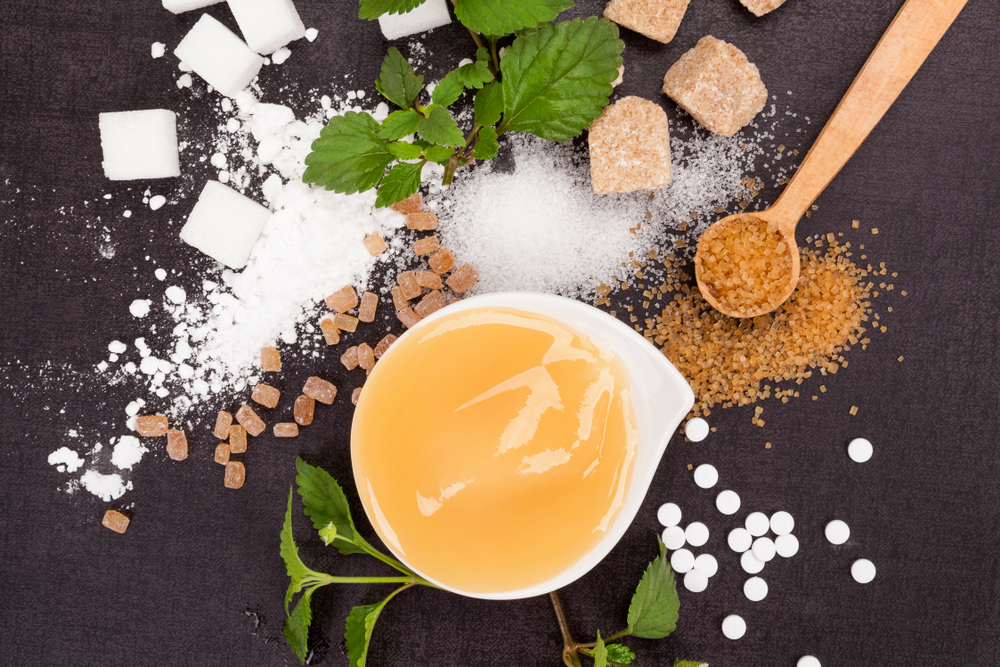
If you have pre diabetes, it is important to avoid sugar substitutes, like artificial sweeteners. These sweeteners are often found in store-bought sweets. They can have a negative impact on your blood sugar levels, and the aftertaste can be off-putting. In addition, some artificial sweeteners may interfere with your gut microbiome or disrupt your oxidant/antioxidant balance.
One type of artificial sweetener that you should avoid is aspartame. Aspartame can cause a chemical imbalance in your brain. This can lead to headaches, insomnia, and seizures. It can also affect your learning abilities. Because of its poorly-studied effect on the brain, you should limit your intake of aspartame.
Sugar is found in many foods, and some fruit juices also pack a big glucose punch. Sugar is a major culprit when it comes to diabetes and its symptoms, so it is important to find natural sweeteners that you can use in moderation. However, you should be aware that research on artificial sweeteners is inconsistent and many of them may even damage your metabolic health in the long run. In addition to natural sweeteners, you should consider eating foods that contain fiber and low sugar. Fiber is associated with lower blood sugar spikes and glycemic variability. It is found in nuts, vegetables, and some fruits.
Avoiding sugary foods

For diabetics, the tingling sensation on the skin is a sign of hypoglycemia, or low blood sugar. If you have this symptom, you should contact a doctor immediately. A low blood sugar can lead to seizures and loss of consciousness.
A person with diabetes must monitor their blood sugar levels regularly. Typically, blood sugar will increase after a meal and then settle back down. In addition to assessing the symptoms, a person with diabetes needs to develop an individualized goal glucose range. For example, tiredness may indicate low blood sugar.
Avoiding epinephrine
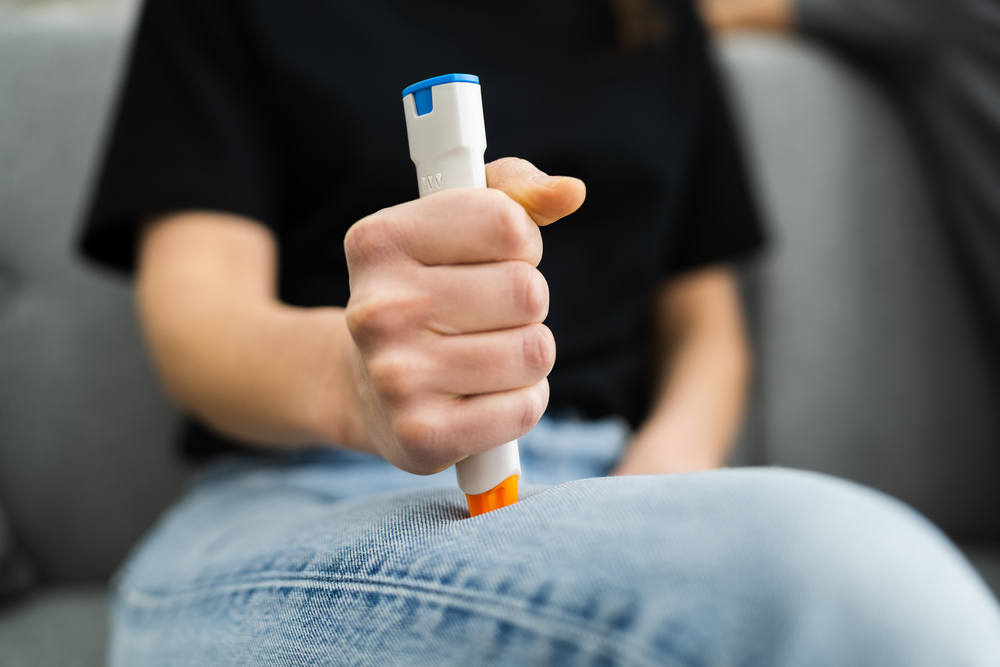
Avoiding epinephrine when pre diabetic symptoms are present can help you avoid the dangerous side effects of this drug. Epinephrine is produced when the body goes into “fight or flight” mode. It can cause symptoms such as tingling, shaking, diaphoresis, and extreme hunger. This drug can even cause a person to become unconscious.










